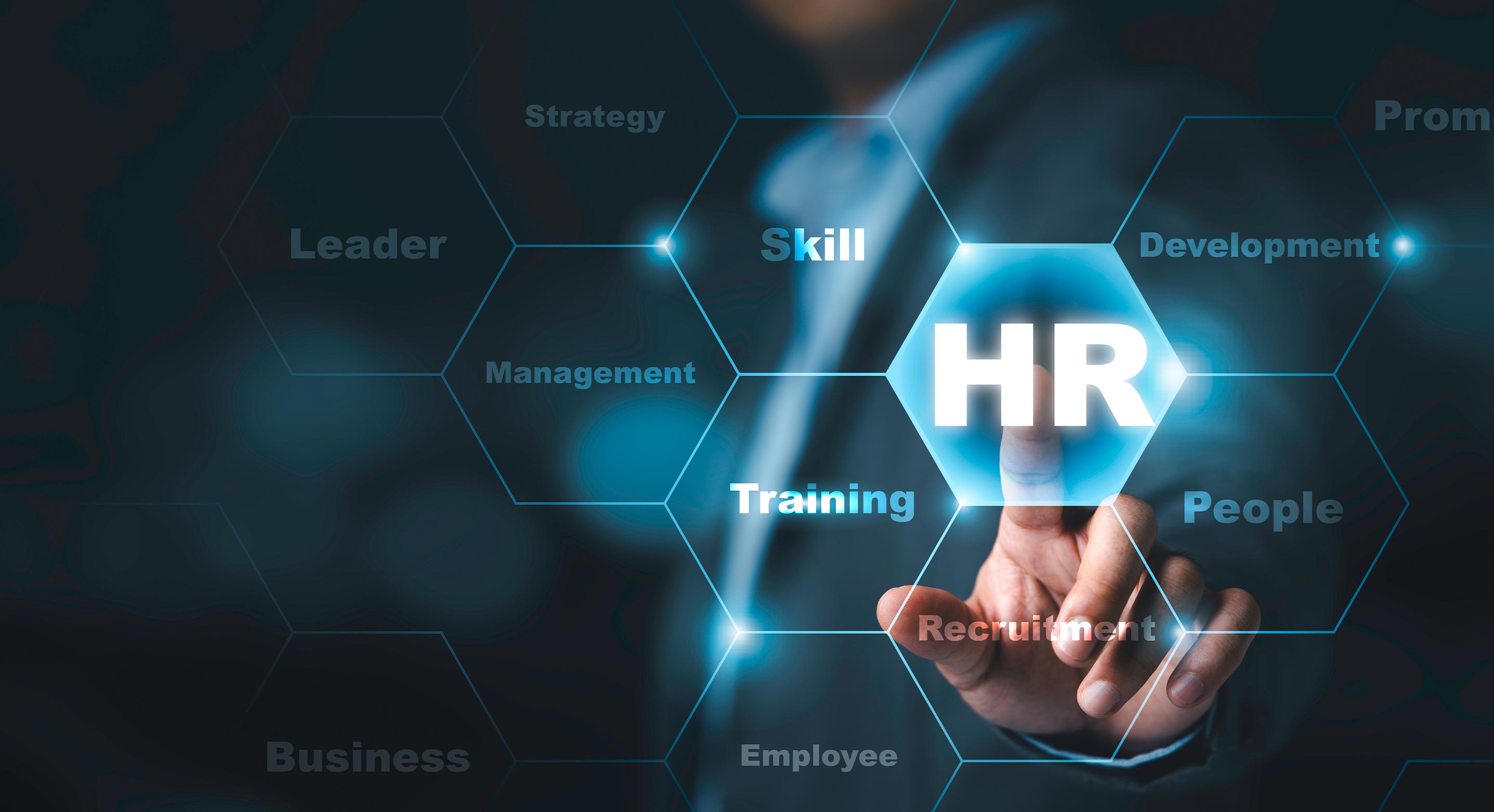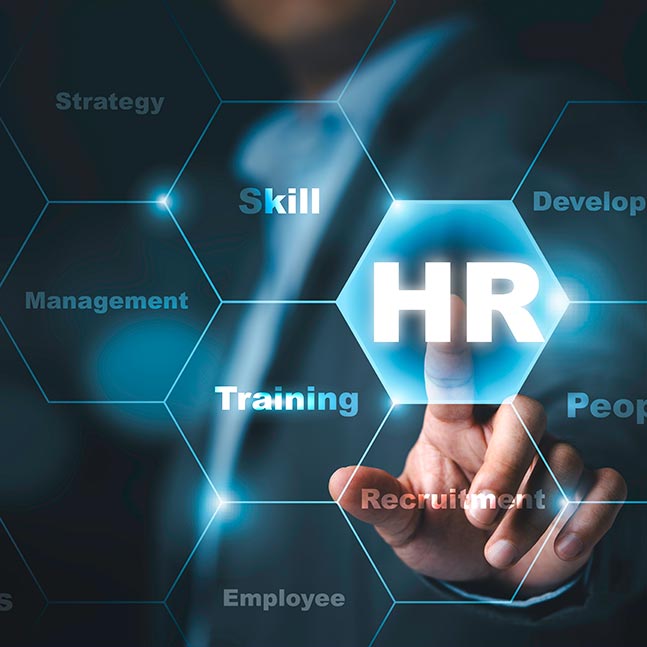News
The Future Of HR: AI, Skills, And Workplace Transformation
The rules of the workplace are being rewritten. With AI reshaping jobs, skills outweighing degrees, and hybrid models redefining work-life balance, HR is at the forefront of this transformation. In an exclusive chat with BW People, Urvi Aradhya, CHRO, K Raheja Corp, shares her insights on AI in HR, evolving job markets, and the future of workplace culture.
What key skill gaps do you foresee by 2025, and how will your organization address them?
The real estate sector is experiencing unprecedented growth, and with it comes a rising demand for tech-driven professionals. The industry is no longer just about brick and mortar; digital transformation has taken center stage. We need professionals who are not only well-versed in engineering and architecture but also equipped with technological expertise.
At K Raheja Corp, we are focusing on strategic hiring and continuous upskilling to bridge this gap. Whether it’s engineering advancements, data analytics, or AI applications in real estate, we are ensuring our employees stay ahead. Moreover, soft skills like team management and interpersonal communication are just as crucial. The future of work belongs to those who can blend technical knowledge with leadership skills, and that’s exactly what we are fostering within our workforce.
How is the growing focus on skills reshaping the job market and creating new opportunities?
The hiring landscape is changing rapidly. Organizations are no longer solely fixated on degrees—skills are taking precedence. With the rise of PropTech and AI, we are seeing a surge in roles that didn’t exist a few years ago. Today, real estate firms are hiring data analysts, digital platform managers, and AI specialists to enhance customer experiences.
Moreover, the way people buy, sell, and interact with properties has transformed. Virtual tours and digital transactions have replaced traditional methods, creating new career paths in customer experience, online sales, and tech-driven real estate solutions. It’s an exciting time for professionals, as the industry is becoming more inclusive, diverse, and innovation-driven than ever before.
What challenges and opportunities will AI bring for HR leaders in the coming years?
AI is revolutionizing HR in ways we couldn’t have imagined a decade ago. From automated talent acquisition to personalized learning for employees, AI is making processes more efficient. Instead of spending hours on resume screening, interview scheduling, and administrative work, HR teams can now focus on people-centric initiatives—building relationships, improving engagement, and fostering innovation.
However, as AI becomes more prevalent, organizations must ensure responsible adoption. Clear guidelines around ethics, data security, and AI-driven decision-making are essential. The goal isn’t to replace human roles but to enhance HR’s impact by allowing professionals to concentrate on strategic, high-value contributions.
Which HR tasks do you foresee being automated by 2025, and how will this reshape HR’s role?
By 2025, many repetitive HR tasks will be completely automated. AI-driven hiring tools are already making recruitment faster and more data-driven, while automation in onboarding, payroll, and performance management is improving efficiency. This doesn’t mean HR will become redundant—it simply means that HR professionals will have more time to focus on people, culture, and strategy rather than paperwork.
Automation also has the potential to reduce unconscious bias in hiring, ensuring a more diverse and inclusive workplace. However, it needs to be implemented with careful oversight to maintain fairness and compliance. The future of HR is human-centered but technology-enabled, where digital tools support decision-making without compromising the human touch.
What challenges do you foresee in preserving company culture with a hybrid workforce?
The traditional 9-to-5 office setup is evolving. Employees today seek work-life integration, where professional and personal commitments don’t feel like competing priorities. While hybrid work offers flexibility, it also presents challenges in maintaining company culture and fostering team collaboration.
At K Raheja Corp, we are ensuring that hybrid work doesn’t lead to disconnection. Our offices are being redesigned as collaborative spaces rather than rigid workplaces. Employee engagement is no longer about one-size-fits-all policies—we focus on personalized experiences, interactive team-building, and digital-first communication strategies.
A strong workplace culture is not defined by where employees work but by how engaged, valued, and connected they feel. By prioritizing well-being, inclusivity, and professional growth, we ensure our culture thrives, no matter where our employees are working from.
Source: BW People



